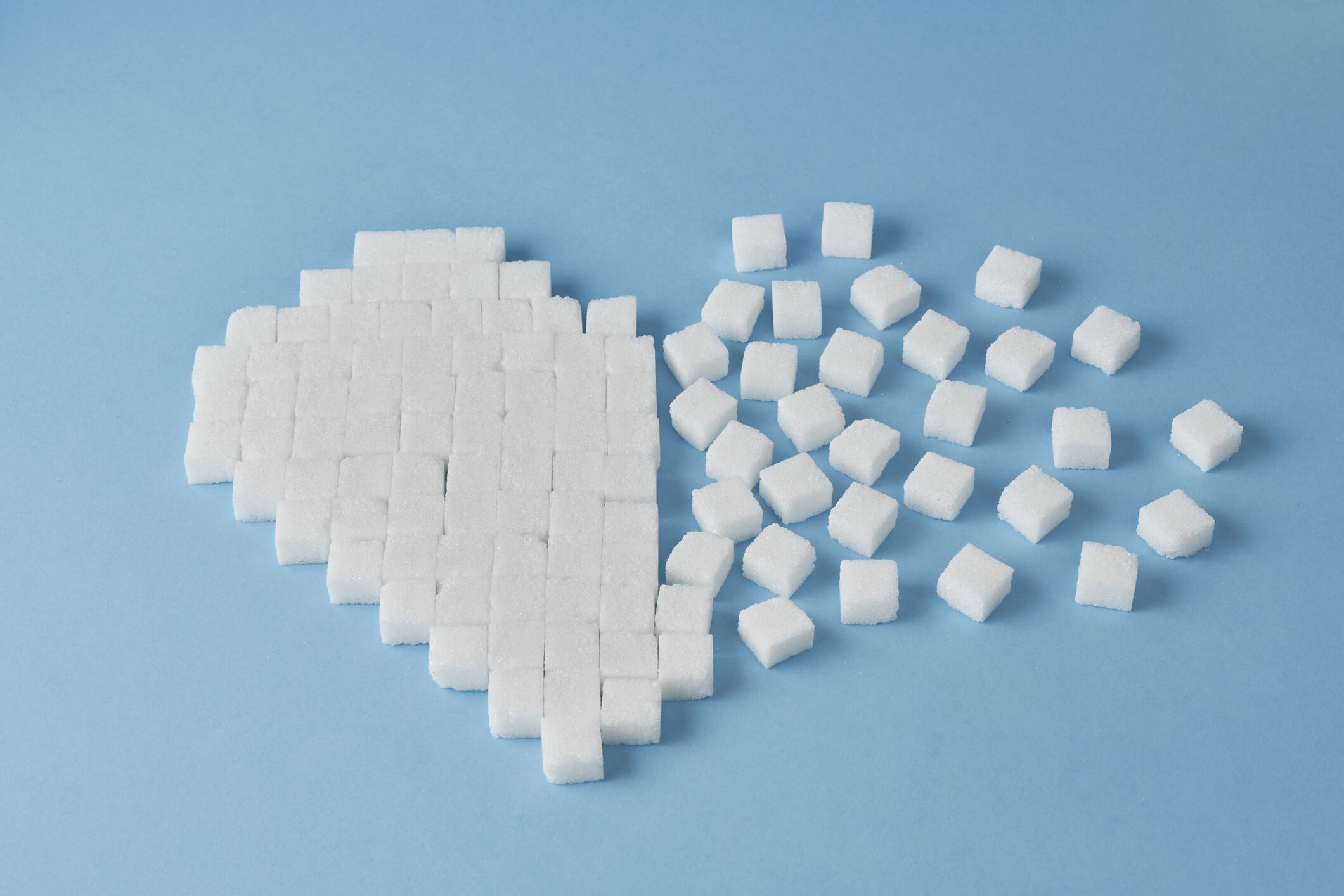The South Korean Ministry of Food and Drug Safety (MFDS) recently published the country’s 2024 food industry production performance statistics, reporting a 5.8% year-on-year increase to KRW114tn (US$84.36bn).
This was further buffered by a 10% year-on-year increase in food exports to US$7.26bn, highlighting the positive impacts of South Korea’s continued push to grow its international trade and food exports in particular.
Trends driving Sugar Zero
“There has been a significant increase in the development and production of products reflecting health-related trends in the past year,” MFDS Minister Oh Yoo-kyung said in a formal statement.
“Some of the major trends we are seeing in this space include Healthy-Pleasure, defined as a lifestyle that pursues pleasure and satisfaction while maintaining health; and Well-Ageing, defined as the attitude of accepting aging naturally while continuing a healthy and meaningful life.”
Sugar-free is commonly known as Sugar Zero in South Korea, and is the category that is most closely related with healthier products.
“The production of sugar-free products grew by over 20% in 2024, indicating the widespread innovation that has been taking place within this category,” she added.
“Previously, product innovation in this category was focused on beverages, but we have seen this now expand to various food groups such as bakery products and sauces, which has greatly expanded consumer choices.”
Value-wise, Sugar Zero products grew 20.1% year-on-year to KRW572.6bn (US$423.7m) from KRW476.8bn (US$352.8m) the year before. Growth was largely concentrated in the non-beverages space, which saw a whopping 109.7% growth to KRW59.2bn (US$43.8m).
In terms of product types, a total of 590 Sugar Zero products were reported in 2024, more than double from 261 in 2023.
This represents a major opportunity for healthier food brands and distributors around the world looking to either export sugar-free products into South Korea, or bring innovative Sugar Zero products from South Korea into their respective markets.
“Health management strategies have changed from restriction-based food consumption patterns such as avoiding certain foods, towards the Healthy-Pleasure trend emphasising health while also pursuing pleasure in eating,” she said.
“This has really driven the expansion of products that provide both taste and satisfaction, and Sugar Zero products using sugar substitutes are leading this charge.”
Other areas of health focus
Apart from sugar-free innovation, the Healthy-Pleasure trends has also been driving growth for other relevant food categories such as plant-based.
“The healthy food consumption culture has been spreading rapidly via social media such as SNS (the local term for Social Networking Services such as KakaoTalk, YouTube, Instagram, Facebook),” she added.
“Alongside this, the production of food based on plant-based ingredients such as peanut butter, lemon juice, and apple cider vinegar increased by about five times compared to the previous year, to KRW69.1bn (US$51.1m).”
Protein has also seen major growth as a result of this trend – high-protein product production increased 24% year-on-year to hit KRW568.8bn (US$420.9m) in value.
“This is also in line with the increase in the number of people exercising and the growing interest in body shape management,” MFDS stated.
“The high-protein category covers all processed foods containing protein ingredients (e.g. soy protein, whey protein and so on), and products with the word ‘protein’ in their name.”

